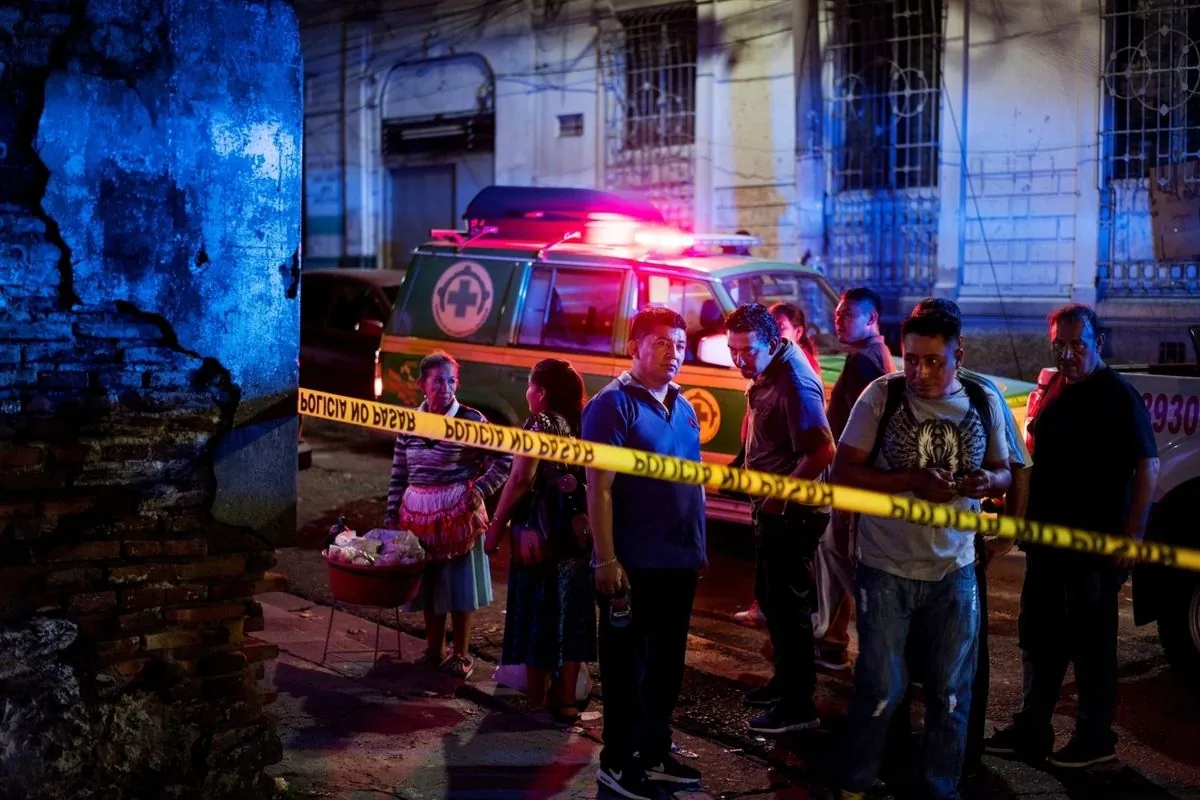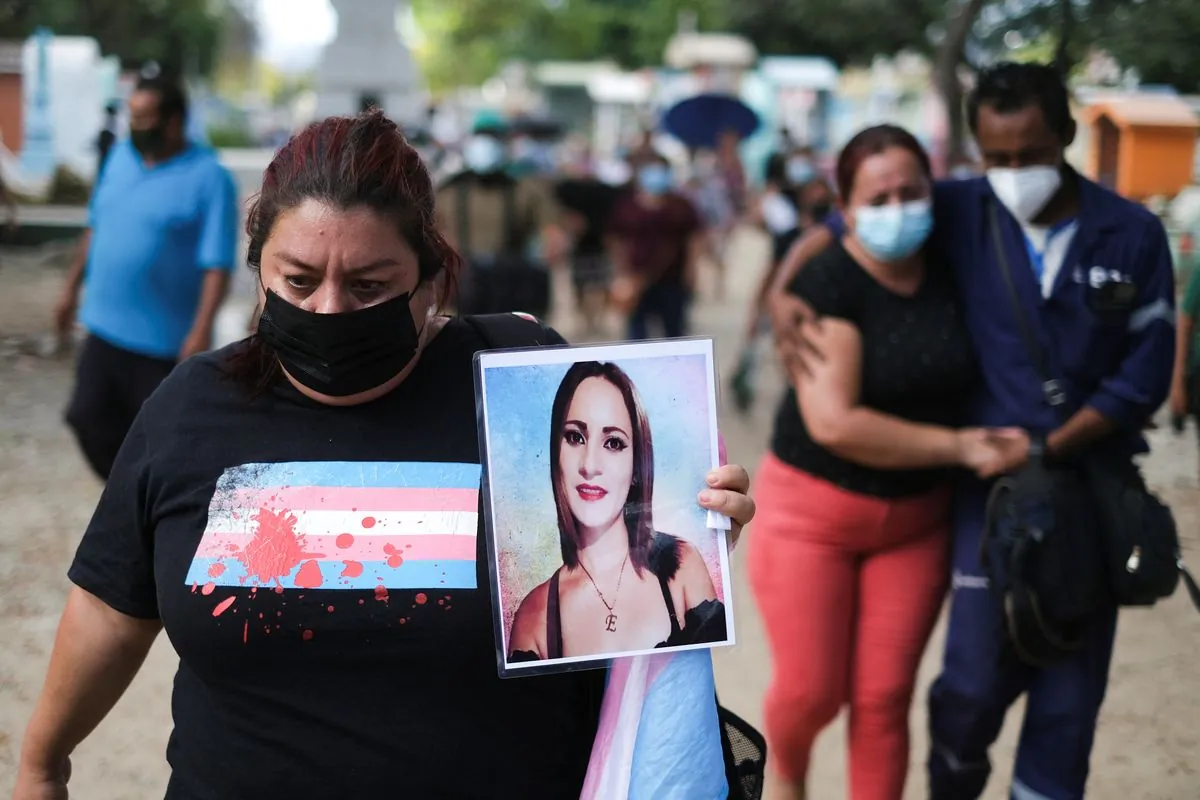El Salvador's Missing Persons Crisis Amid Government's Security Claims
NGOs report one person missing daily in El Salvador, contradicting government's security success claims. President Bukele's controversial policies face criticism despite popularity and re-election.

In El Salvador, a nation grappling with complex security challenges, non-governmental organizations (NGOs) have reported a concerning trend of one person going missing daily. This revelation comes as the government, led by President Nayib Bukele, continues to assert significant improvements in public safety.
According to data from the attorney general's office, cited by the Working Group for Missing Persons in El Salvador, 366 individuals were reported missing in the 12 months leading up to May 31, 2024. This figure represents a nearly 10% increase compared to previous estimates by the United Nations and USAID.

Contrastingly, the Salvadoran government maintains that the country has experienced over 650 days without homicides since Bukele assumed office in June 2019. This claim aligns with the president's assertion that El Salvador is now the "safest country in the Western Hemisphere."
Bukele's administration implemented a controversial "state-of-exception" policy in March 2022, which has been a cornerstone of his security strategy. This measure suspends certain civil liberties and has led to mass trials and the construction of a large-scale detention facility. While these actions have garnered widespread support, evidenced by Bukele's landslide re-election in February 2024 with 85% of the vote, they have also drawn criticism from human rights organizations.
"The Salvadoran government's approach to public safety raises serious concerns about civil liberties and due process. While the reduction in homicides is noteworthy, the increase in missing persons and reports of abuses in custody cannot be ignored."
Critics argue that the government's security policies have led to arbitrary detentions, including of minors, and reports of torture and mistreatment in custody. Human rights groups have documented dozens of deaths among detainees, raising questions about the true cost of the perceived security improvements.
In response to the situation, a coalition of NGOs has launched an online portal for citizens to report missing persons. This initiative aims to provide a more accurate measure of disappearances and offer support to affected families. The NGOs emphasize that this effort should complement, not replace, the government's responsibility to provide transparent and accurate information to the public.
El Salvador, the smallest country in Central America with a population of approximately 6.5 million, has long struggled with gang violence, primarily involving MS-13 and Barrio 18. The country's history of conflict, including a civil war from 1979 to 1992, has contributed to its complex security landscape.
As El Salvador continues to navigate these challenges, the discrepancy between government claims and NGO reports highlights the need for comprehensive and transparent approaches to addressing both security and human rights concerns in this densely populated Central American nation.


































